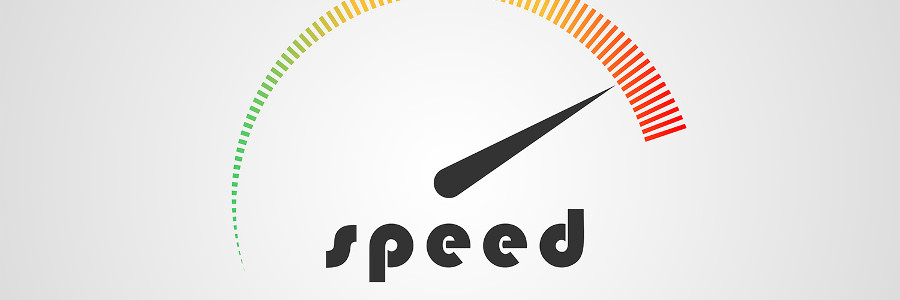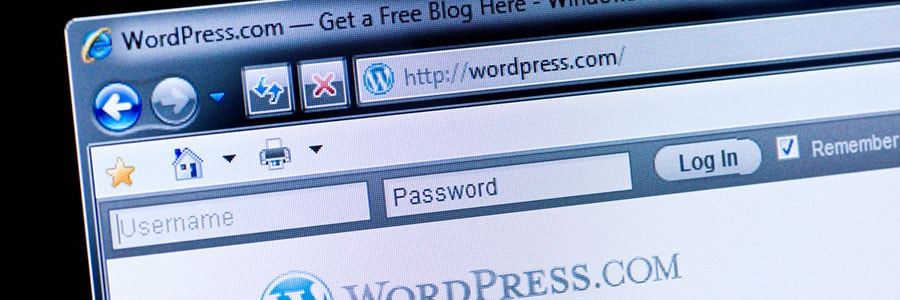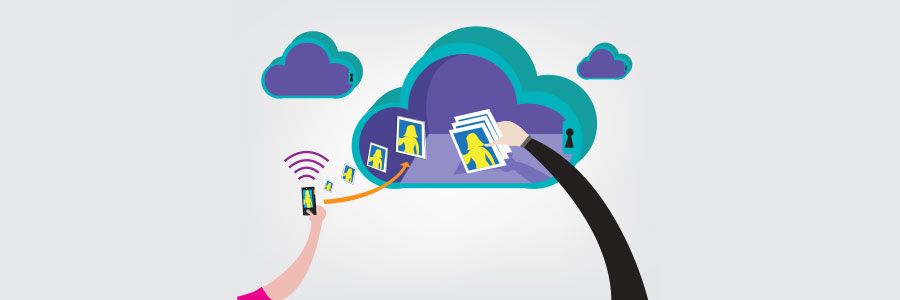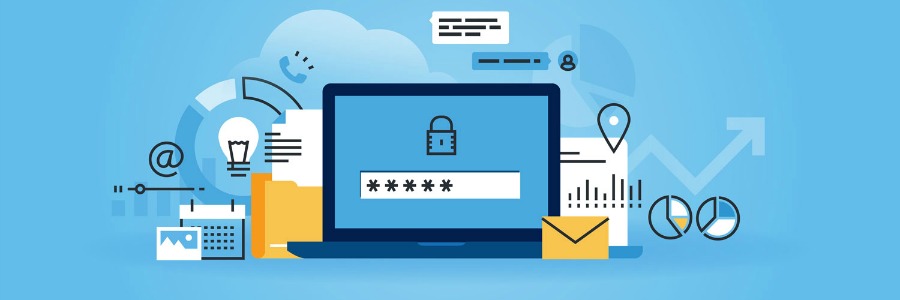These days, people expect a site to load in less than three seconds. If it takes more than that, they'll just leave. This will then negatively affect your website's bounce rate, which measures how many visitors leave a page without performing any action such as purchasing a product.
Try these tips to make your WordPress website load faster
A checklist for avoiding WordPress website issues
Hacks to speed up your WordPress site

Ten years ago, we didn’t mind waiting five seconds for a website to load, but today, we’ll click away if it doesn’t load immediately. If you want to speed up your WordPress site, then try the following tips.
Keep WordPress and plugins up to date
Updating your WordPress version and plugins will not only keep your website secure but also speed it up.
Are you using this WordPress checklist yet?

Many will immediately blame hackers for an extremely slow website or being delisted from search engines, but that’s not always the case. When it comes to managing your WordPress website, how sure are you that all your bases are covered? If not, you might want to give this WordPress maintenance checklist a try.
How to make your WordPress website load faster

Whether it’s food delivery or commute, speed matters. And when it comes to website loading time, this principle couldn’t be more true. Twenty-first-century internet surfers expect a site to load in at least one or two seconds. So how does your WordPress site measure up? If you’re looking for ways to increase your site’s speed and reduce your bounce rates, here are some tips that can help.
WordPress security updates: Yay or nay?

WordPress (WP) websites require routine updates to keep up with user demands. Some of WP’s most critical updates are security patches, which protect sites from various cyberattacks. But why does your website sometimes act up when you finish running an update, and how can you prevent it?
Be cautious with updates
In 2017, WP issued 21 updates and 33% of these focused on security.
The true cost of an ugly website
Manage your WordPress with this checklist

Wake up. Take a shower. Get dressed. These are just some of the numerous tasks we do every single day. They may not be fun, but they are essential to our daily routine. Managing a website is very much the same. By going through the necessary steps, you can ensure the speed and security of your website.
Cloudbleed: Your data could be at risk

Internet security company Cloudflare revealed a major flaw in their system. The so-called ‘Cloudbleed’ vulnerability leaked customer information from thousands of websites, according to Cloudflare researchers. Fortunately, there have been no signs of exploitation, but that doesn’t mean you should be complacent.
WordPress 4.5.3 patches security vulnerabilities
- 1
- 2




